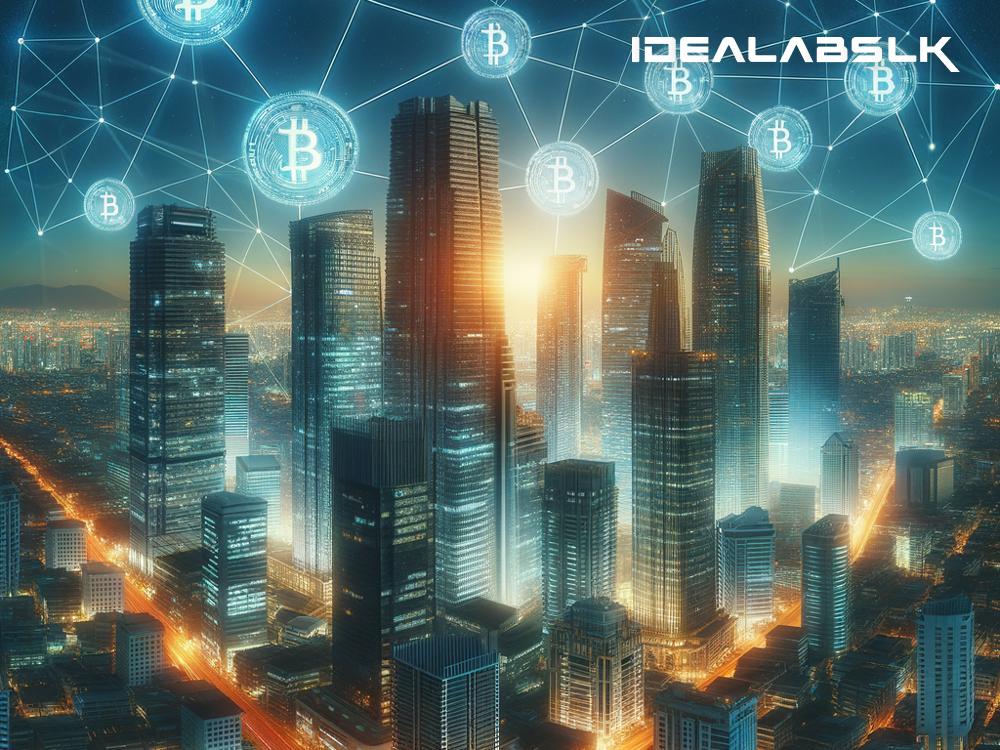Unlocking Global Real Estate Opportunities Through Blockchain
The world of real estate is evolving, and technology, especially blockchain, is leading the charge. Once considered a buzzword, blockchain has now found a solid footing in various industries, real estate being one of them. Its impact is profound, especially when it comes to facilitating international investment in real estate markets. But what does this all mean for investors, property owners, and everyday individuals looking to dip their toes into the world of global real estate?
First, let's break down blockchain in simple terms. Imagine a digital ledger that's accessible by multiple parties but is extremely secure and nearly impossible to tamper with. Each transaction on this ledger is like a block, and these blocks link together to form a chain—hence the term blockchain. This technology is the backbone of cryptocurrencies like Bitcoin, but its potential stretches far beyond digital currencies.
Now, how does this relate to international real estate investment? Here are a few key ways blockchain is making a difference.
Reducing Fraud and Ensuring Transparency
Real estate transactions, especially on an international level, can be rife with challenges, including fraud. Blockchain introduces a level of security and transparency that was previously unimaginable. By recording ownership and transactions on a blockchain, each piece of information is verified and immutable. This means once a transaction is entered, it cannot be altered or deleted, drastically reducing the potential for fraud.
Streamlining Transactions
Purchasing property in another country can be a bureaucratic nightmare, tangled with paperwork and red tape. Blockchain simplifies this by enabling smarter, faster transactions. Smart contracts, which are self-executing contracts with the terms directly written into code, automate many steps of the buying process. For investors, this means faster transactions, reduced costs, and less hassle.
Tokenization of Assets
Tokenization is a revolutionary concept powered by blockchain. It involves converting the ownership of a physical asset, like real estate, into digital tokens. These tokens can then be bought, sold, or traded, making real estate investment more accessible and divisible. For example, if a property is tokenized into 1,000 tokens, investors can purchase just a fraction of the property, lowering the entry barrier to investment and opening up opportunities in markets that were previously out of reach.
Enhanced Accessibility and Global Reach
Blockchain facilitates a more inclusive real estate market. Investing in international real estate traditionally required a significant amount of capital, not to mention a deep understanding of the local market conditions and regulations. With blockchain, these barriers are reduced. Investors can access global markets more easily, and properties that were once exclusive can now be opened up to a broader audience.
Strengths and Challenges
While blockchain in real estate offers numerous benefits, it's not without its challenges. Regulatory hurdles, adoption rates, and the need for technological infrastructure can pose obstacles. However, the potential rewards are significant. For one, blockchain has the power to democratize real estate investment, offering a more level playing field for all investors. It can also lead to more stable and secure markets, as the increased transparency and efficiency help to build trust among participants.
Looking Ahead
As we look to the future, it's clear that blockchain will play a pivotal role in reshaping the landscape of international real estate investment. For investors, this means unparalleled access to global markets and opportunities that were once unattainable. For the real estate market as a whole, blockchain promises more efficient, secure, and inclusive transactions.
While we're still in the early stages of adoption, the momentum is building. Governments, enterprises, and startups are exploring blockchain's potential to transform the real estate sector. As technology and regulations evolve, we can expect to see even more innovative applications of blockchain in real estate, further unlocking the potential of international markets.
In conclusion, blockchain is not just a technological advancement; it's a revolutionary tool that is breaking down barriers and making international real estate investment more accessible than ever before. Whether you're an experienced investor or new to the game, the blockchain-powered real estate market offers exciting opportunities to explore, invest, and grow on a global scale. The future of international real estate is here, and it's digital.

